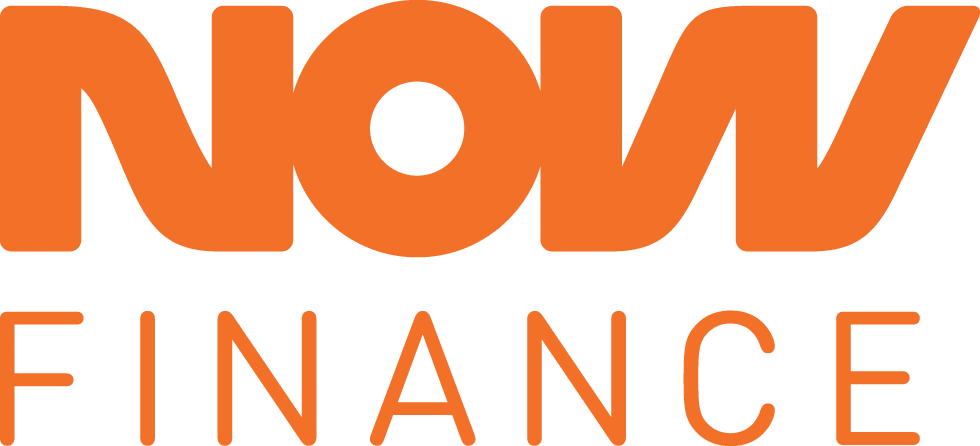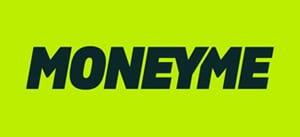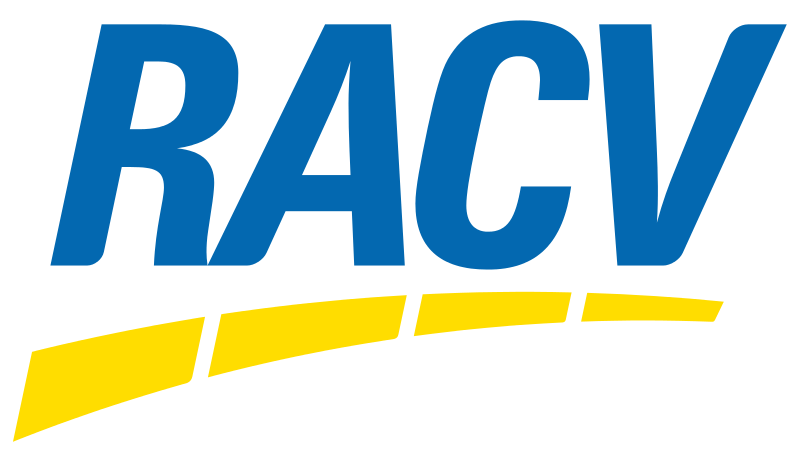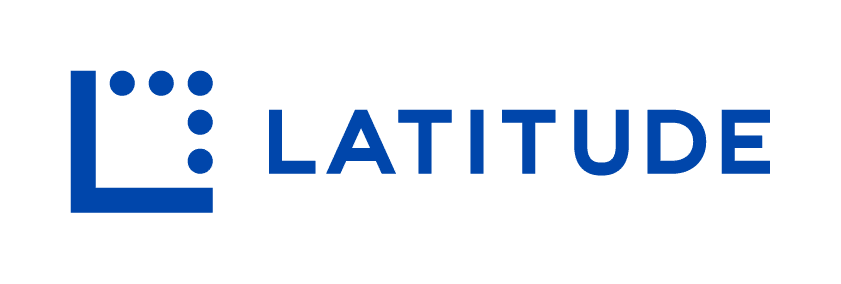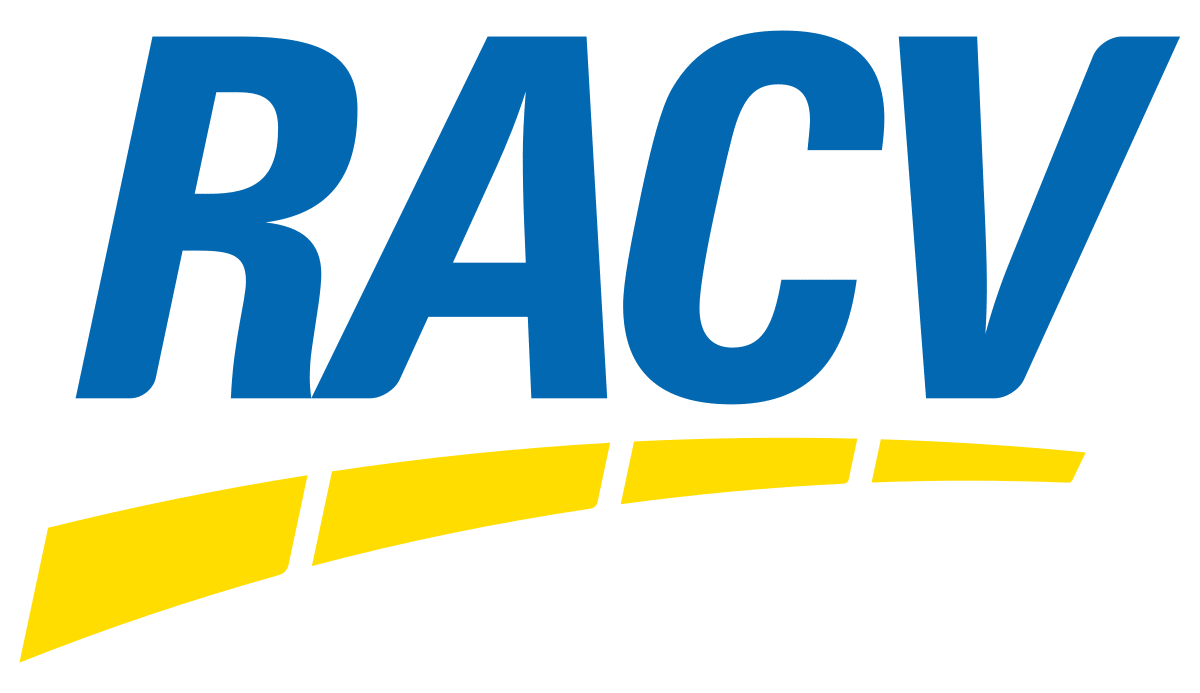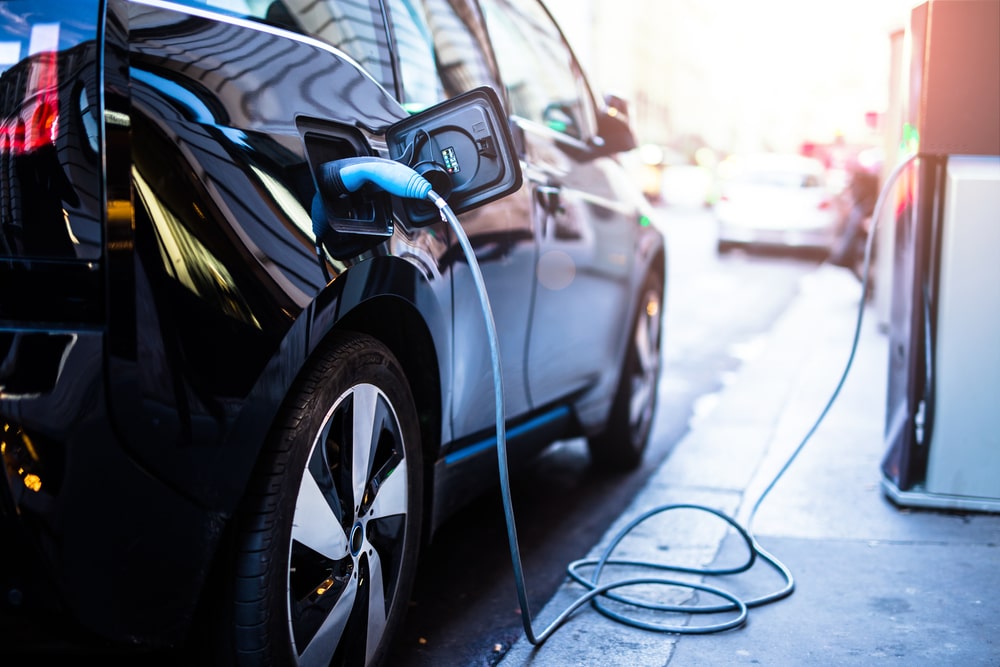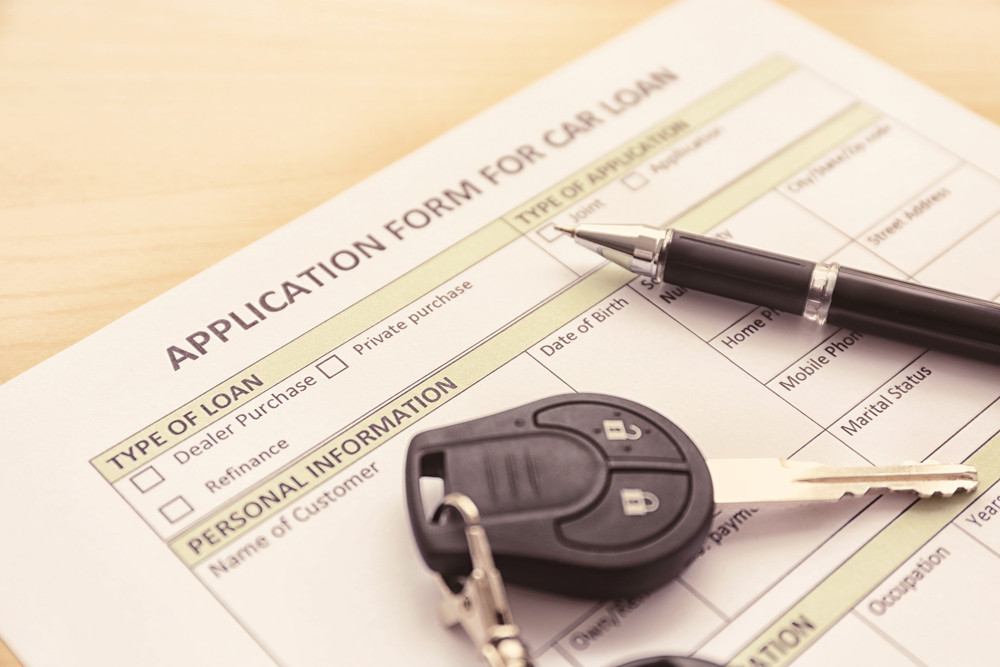Aboriginal Car Loans
Are you an Aboriginal or Torres Strait Islander wanting a loan to buy a car? If so, you can check our guide to Aboriginal car loans – car loans for Indigenous Australians.
Author
Savvy Editorial TeamFact checked

Like all Australian citizens, Aboriginal people can apply for loans to buy a car through banks, Credit Unions or other lenders. In the sections below we explain more about car loans for Indigenous Australians.
Are there car loans specially designed for Aboriginal people?
The short answer is no – there is no such thing as a car loan specifically for Indigenous people. There are, however, some organisations that have programs specifically for providing financial advice to Australia’s First Nations people, to help them with financial literacy (see the last section below for more detail).
When it comes to car loans, the options available to Aboriginal people are no different from anyone else. These include:
- Secured loans – where the car is used as security for the loan. Secured car loans apply to newer cars, usually 0 to 10 years old.
- Unsecured loans – which are not backed by an asset and so come with higher interest rates. An unsecured loan may be suitable when purchasing an older used car.
- Fixed interest-rate loans – where interest rates and repayments remain static.
- Variable interest-rate loans – which can be subject to interest rate and repayment changes.
- Car loans for businesses – such as a chattel mortgage or a car lease.
How do I qualify for an Aboriginal car loan?
To qualify, you'll need to prove your identity and show you are reliable and have the ability to repay the loan. For this you need to provide:
- Proof of income, typically through your last two payslips but can also include evidence of investment income or Centrelink benefits
- 100 points of identification, such as your driver's licence, passport
- Evidence of your residential address, such as through a utility bill
- Details of the vehicle you want to buy
Lenders also look at credit scores. A good score increases your options for loans and can help you get a lower interest rate. However, even with a poor score or no credit history, you may still be able to get a good car loan deal.
Other things lenders ask about include:
- Assets, such as the worth of your home and contents
- Liabilities, such as a mortgage, personal loans and credit cards
- Current expenses, such as rent and utility bills
What should I look for when shopping for a car?
There are a lot of factors to consider here. For a start, you need to think about the condition of the vehicle, especially if it is second-hand. You also need to consider not just the cost to buy the car, but what it will cost you to run it. This includes fuel, motor insurance, registration, roadside assistance and servicing.
If you do choose to buy a used vehicle, it’s best to do so through a reputable licenced second-hand dealer. There is a legal requirement for all dealers selling used cars as a business to be licenced. You could always buy a used car from a private seller of course, but you won’t have the same protections (e.g. warranty).
The ACCC’s Be Smart Buy Smart guide for Indigenous Australians recommends the following when it comes to buying a car:
- Avoid cars that are too old or cheap, as they are likely to need a lot of work.
- Get a mechanic you trust to do a mechanical inspection done on any second-hand vehicle you are considering.
- Do not sign anything until you have read all the documents and are certain about buying the car.
- Know your rights – for example, even if you’ve signed a contract you may have the option of a cooling-off period if you change your mind.
- If you need a loan, do a budget to work out how much you can afford in repayments.
Who should I approach about an Aboriginal car loan?
There are a few options here. This includes the major banks or one of the smaller ones, community-owned credit unions, automobile clubs and finance companies. Some car dealerships will also offer finance, but this isn’t necessarily the best option as they often charge extra fees. They also tend to go with their preferred lenders, which can limit your choices.
You can also use comparison sites to compare loans one against another. When comparing interest rates, however, you should check the comparison rate rather than the advertised rate. Comparison rates include the standard fees and provide a more realistic picture. You should also look at terms and conditions – such as how quickly you need to pay off the loan, and any extra fees you might need to pay if you make extra repayments or pay the loan out early. A car loan comparison tool can be very valuable when comparing loans. It allows you to test out scenarios to get a clearer picture of what it costs to get a car loan, including repayment amounts and interest charges.
Another way to get a car loan is through a car loan broker. Qualified reputable brokers have many contacts in the industry and know how to get the best deal for their clients.
How should I avoid expensive loans and get the best deal?
By following this guide you should be able to get a good car loan deal to suit your needs. You should also be able to avoid overpriced offers.
According to media reports, the Financial Services Royal Commission uncovered cases of unscrupulous car loan dealers signing up people in remote Indigenous communities for car loans with high deposits and exorbitant interest rates. Sometimes these rates were as high as 48%, for second-hand cars in very poor condition!
It’s very important to avoid these types of dealers, and to know your rights and responsibilities when it comes to car purchases and Aboriginal car loans.
Where to go for free financial advice for Indigenous Australians
There are a few places you can go for this, including
- ACCC’s Be Smart Buy Smart guide for Indigenous Australians. As well as car buying guidance, this document provides information on consumer rights regarding shopping, credit, refunds and more.
- Money Smart – includes videos on “Managing money for your mob” and podcasts on Indigenous financial issues.
- Mob Strong Debt Help. This is a free legal service about money matters for Aboriginal and Torres Strait Islander people in Australia. Services cover negotiating with lenders and debt collectors and dispute resolutions.
What our customers say about their finance experience


Savvy is rated 4.9 for customer satisfaction by 3819 customers.

Brands you can trust





